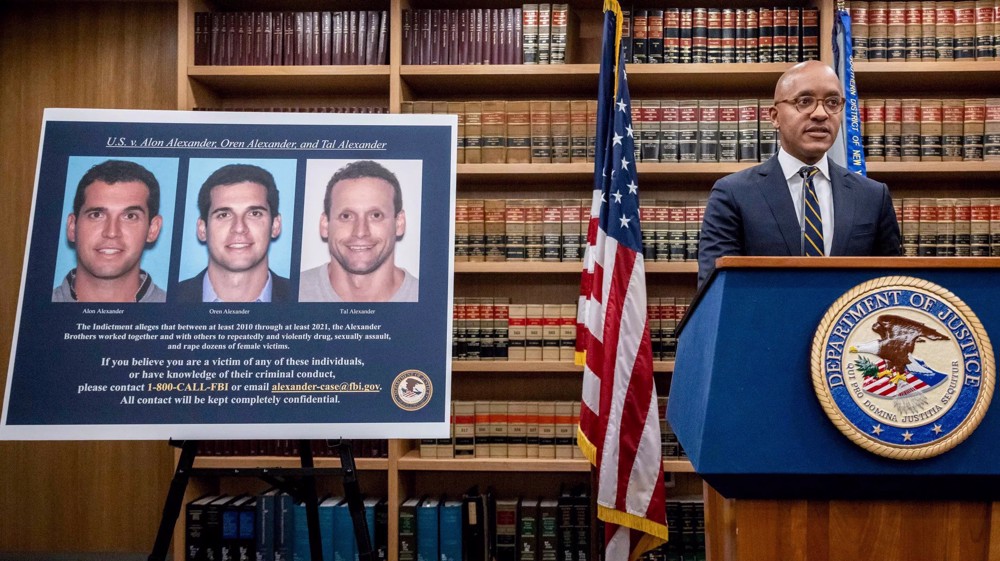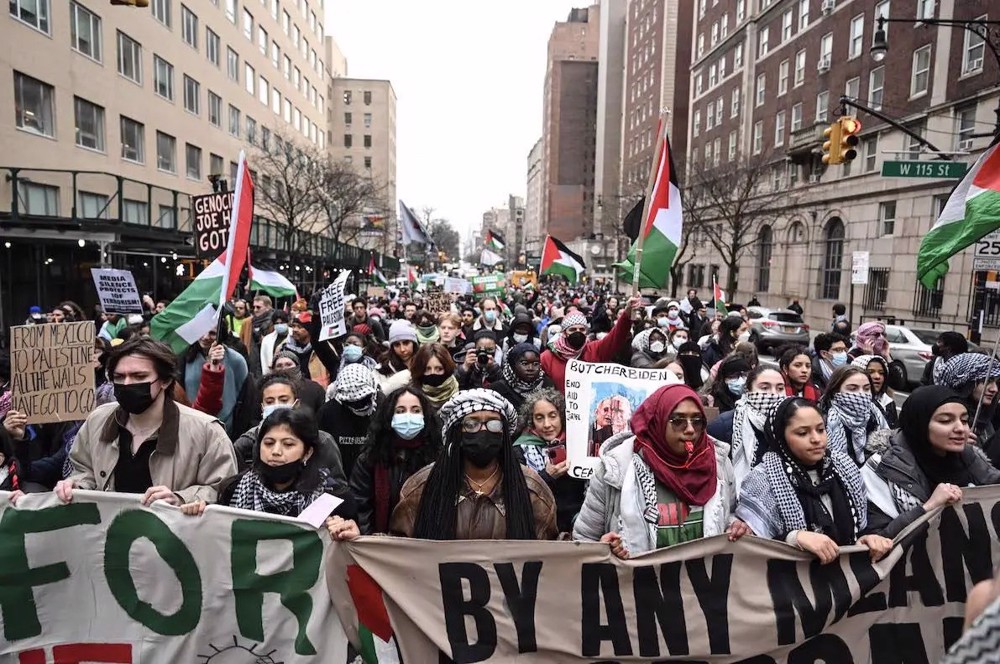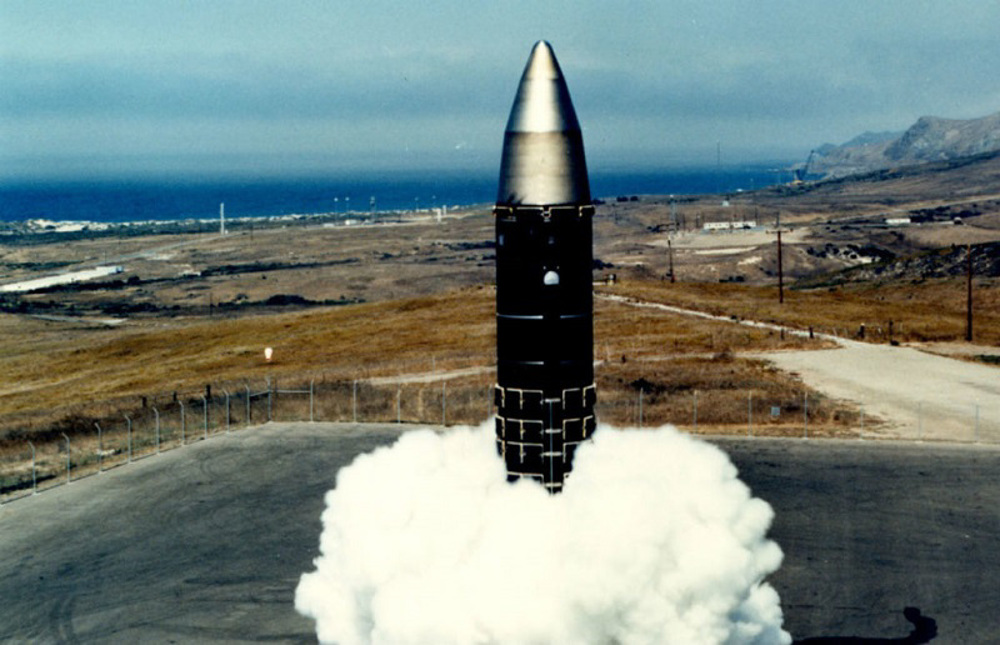Chicago saw most homicides in Sept. since crack era of 1993
Ramin Mazaheri
Press TV, Chicago
Chicago, the United States’ third-largest city, saw the most homicides in September since 1993, the end of the nation’s horrific, decade-long crack cocaine catastrophe.
Last month Chicago saw an average of 10 shootings, producing 13 victims and 2 murders, every single day. Ninety-five percent of the victims were non-White, which may explain why the issue gets so little media attention, except when the victim is a child hit by a stray bullet - 50 children have been gunned down in Chicago so far this year.
All these people were alive on January 1st but they were victimized by the local and federal governments’ inability or unwillingness to provide basic security in poor and minority areas.
Chicago’s international reputation is defined by gangsters, but it’s not even among the top 5 deadliest cities in America in 2020.
Many lower-class urban communities have never recovered from the crack cocaine era. It created massive “White flight” to the suburbs, causing long-term urban investments to disappear; it led to new “tough-on-crime” laws which spawned today’s infamous “prison-industrial complex” and the massive amount of murders emotionally devastated countless families up to the present moment.
All of these issues helped create the conditions of 2020, where Blacks are dying from corona at twice the rate of Whites.
Chicago’s mayor may have been speaking for urban areas across the nation when she said, “no one is happy with the September numbers”. But her only proposed solution - asking the federal government to increase gun control measures - has essentially no chance of succeeding anytime soon, if ever.
‘All wars have rules. All of those rules have been broken’ by Israel
VIDEO | Report flags India’s violation of rights of Rohingya detainees
Turkey's foreign minister meets Syria's de facto leader in Damascus
'Next to impossible' to rescue patients from Gaza's Kamal Adwan Hospital: Director
VIDEO | Vietnam current prosperity
Report blames gasoil exports for shortage at Iranian power plants
VIDEO | Hind Rajab Foundation names Israeli war criminals vacationing after Gaza genocide
VIDEO | Australians rally for Gaza ahead of Christmas festivities









 This makes it easy to access the Press TV website
This makes it easy to access the Press TV website